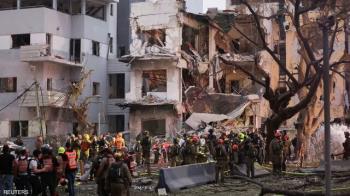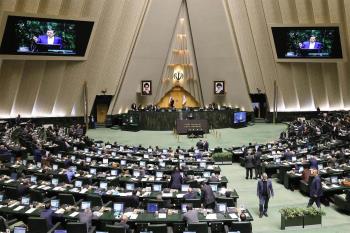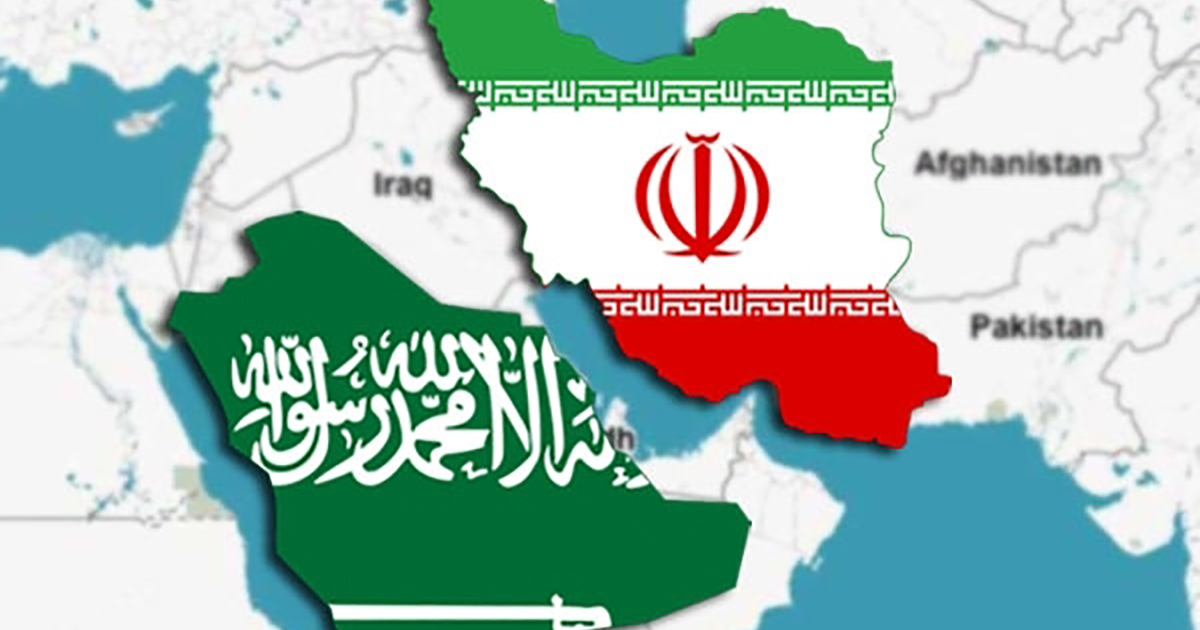Alwagth- Iran has played a pivotal role in Syria, Reuters wrote in a report on the fast growing achievements of Syrian army against terrorist groups which is highly supported by Iran.
The report says considering recent victories in Syria, Iran “is now close to establishing a "Shiite crescent" of regional influence stretching from the Afghan border to the Mediterranean Sea”.
“Revolutionary Guards commanders and senior clerics in Tehran have this week praised Iran's defeat of "Wahhabi terrorists" in Syria and the country they characterize as the rebels' patron, regional rival Saudi Arabia,” the report adds.
Referring to the recent liberation of Syrian Aleppo city from militant and terrorist groups, the report says “there is little doubt the capture of Aleppo after years of fighting will make Assad unassailable … It is unlikely such a victory would have been possible without Iran's steadfast supply of Shiite fighters, money and weapons,” the report goes on to say.
Claiming that Iran has tried to halt evacuation of militants from Aleppo, the writer pints to the growing Iranian influence in the region and says “the central role the Shi'ite majority nation has played - and the power it wields - was starkly illustrated on Wednesday when the evacuation of rebel-held districts was delayed after Tehran was said by opposition officials to have imposed new conditions.”
“Iran demanded a simultaneous evacuation of wounded from two towns besieged by militants, according to U.N. sources,” the report says.
“For the first time, Tehran could exert authority over a vast sweep of the West Asia extending through Iraq and Syria into Lebanon,” the report added.
"We know the Iranians are very patient," said Hilal Khashan, a professor of political studies at the American University of Beirut. "They do not expect immediate rewards. So they persevered and they are reaping the fruits of their patience."
"There is no doubt in my mind that this Shiite arc or crescent will be created," he added. "The Iranians will establish their sphere of influence from Iraq through Lebanon."
Referring to Iran’s central role in recent Iraqi victories against ISIS terrorist group as well as its close relations with the Lebanese Hezbollah resistance movement, the writer says “establishing such a "Shiite crescent" would give Tehran immense political clout in the region as it vies with arch-rival Riyadh and allow it to protect Shiite communities in these countries”.
“It would also present a military threat to Israel, through Syria and Lebanon, which Iranian officials regard as a deterrent to any Israeli aggression towards Iran,” the report says while adding “for Saudi Arabia and other regional powers, increased Iranian power would come at cost to their own political, military and trading interests”.
The writer goes on to refer to the Iranian General Soleimani, as well as other senior Guard commanders, who have been spotted on front lines in Syria and says their presence make Iranian approach “completely different to the approach of countries like Saudi Arabia who only sent money and military equipment to the opposition, diplomats and analysts said”.
"The Saudis have kit. They don't really have expertise. They provided kit. They provided money. That's what they thought would be enough and it wasn't," said a Western diplomat in the West Asia who asked not to be identified because he is not authorized to speak publicly.
"That's one thing the Iranians did that the other side didn't - invest capital on the ground," he added.
According to the Western diplomats, the report quotes militant commanders saying that “when Iranian commanders were present on the ground the Syrian army performed much better”.



























